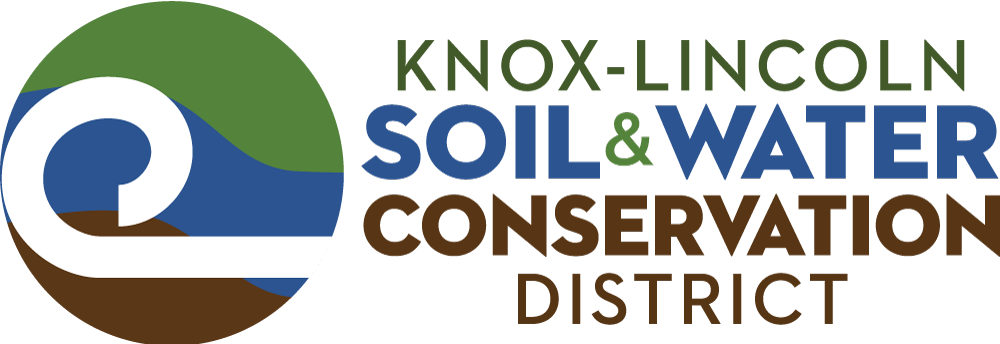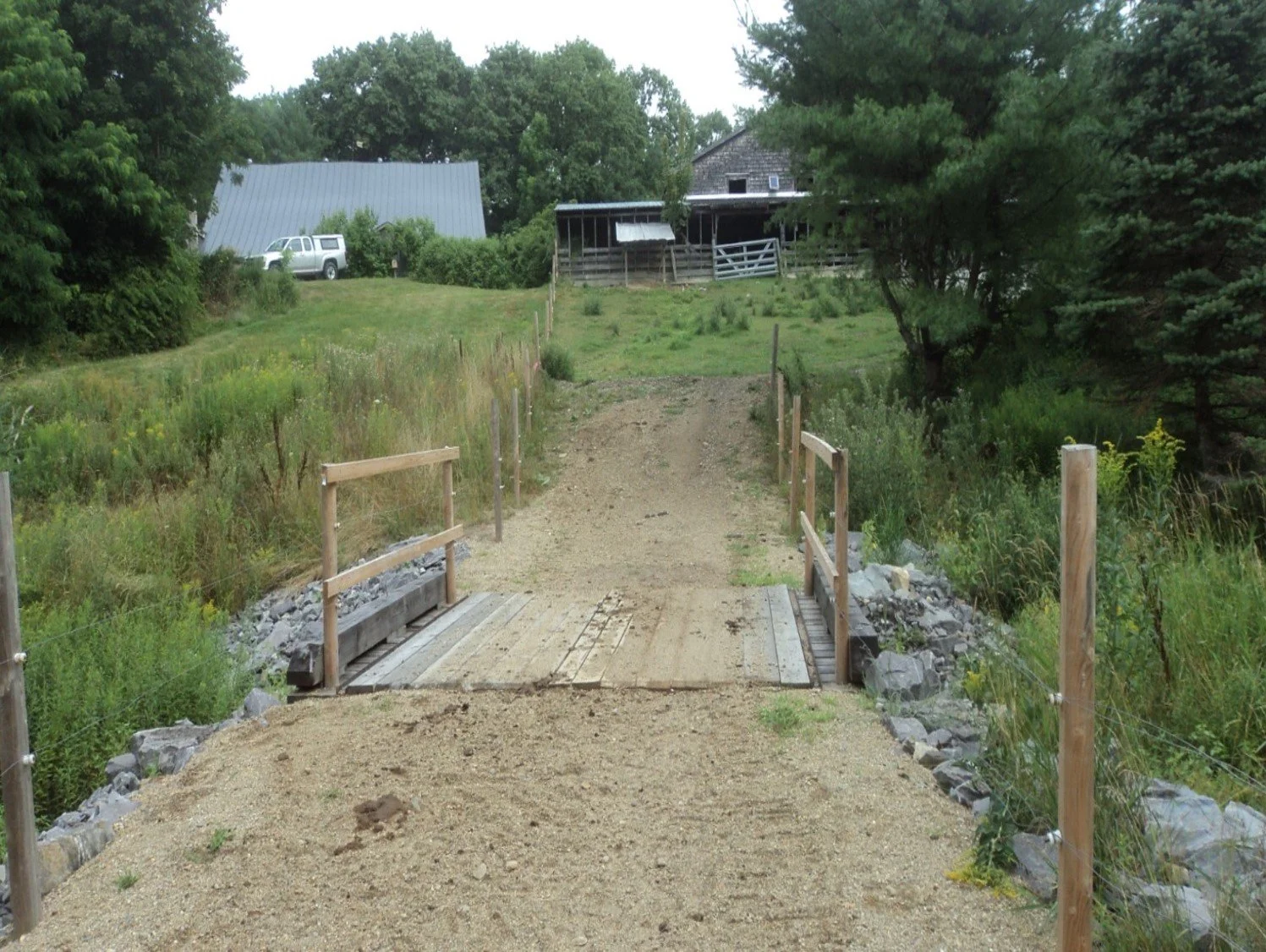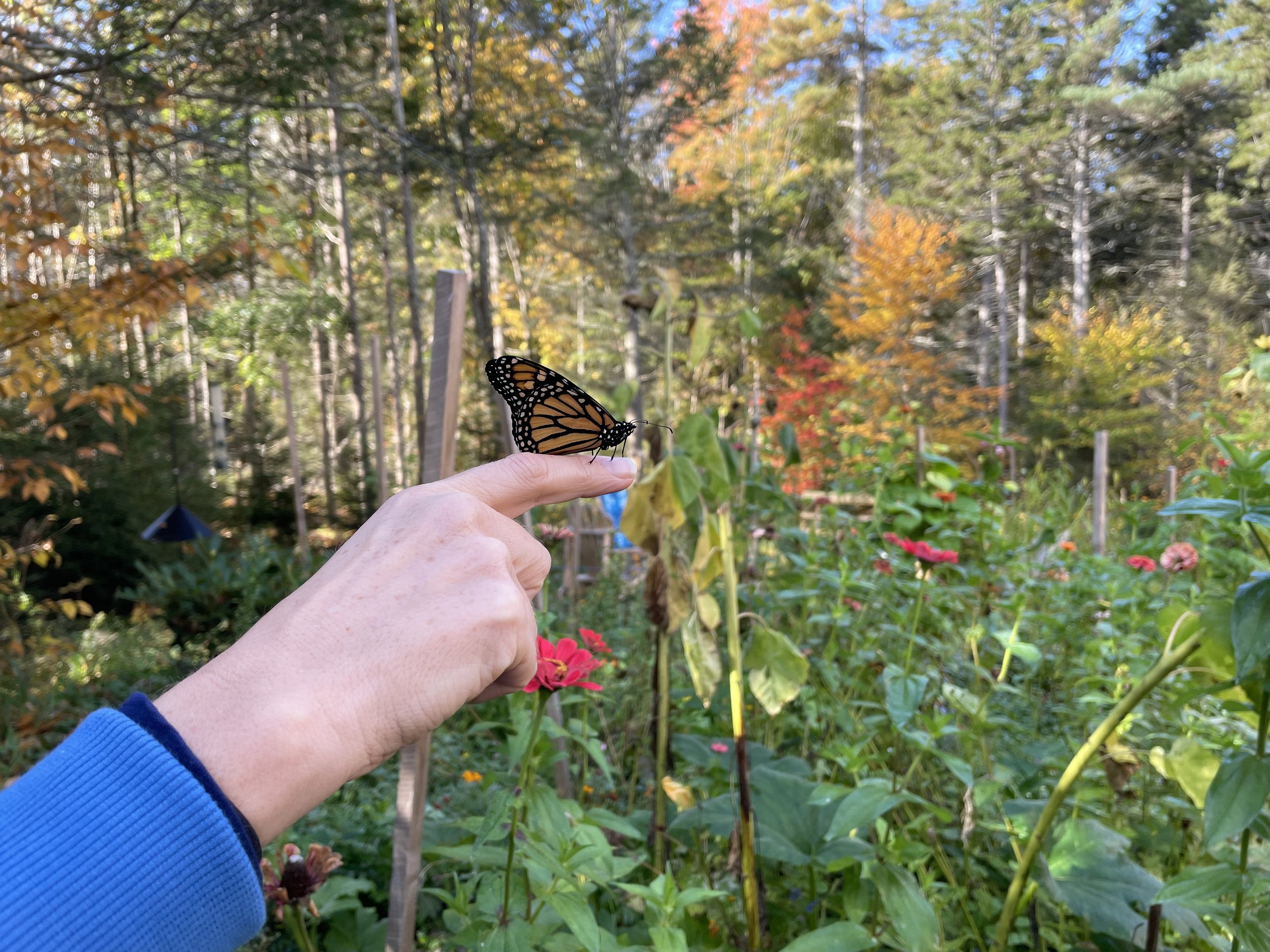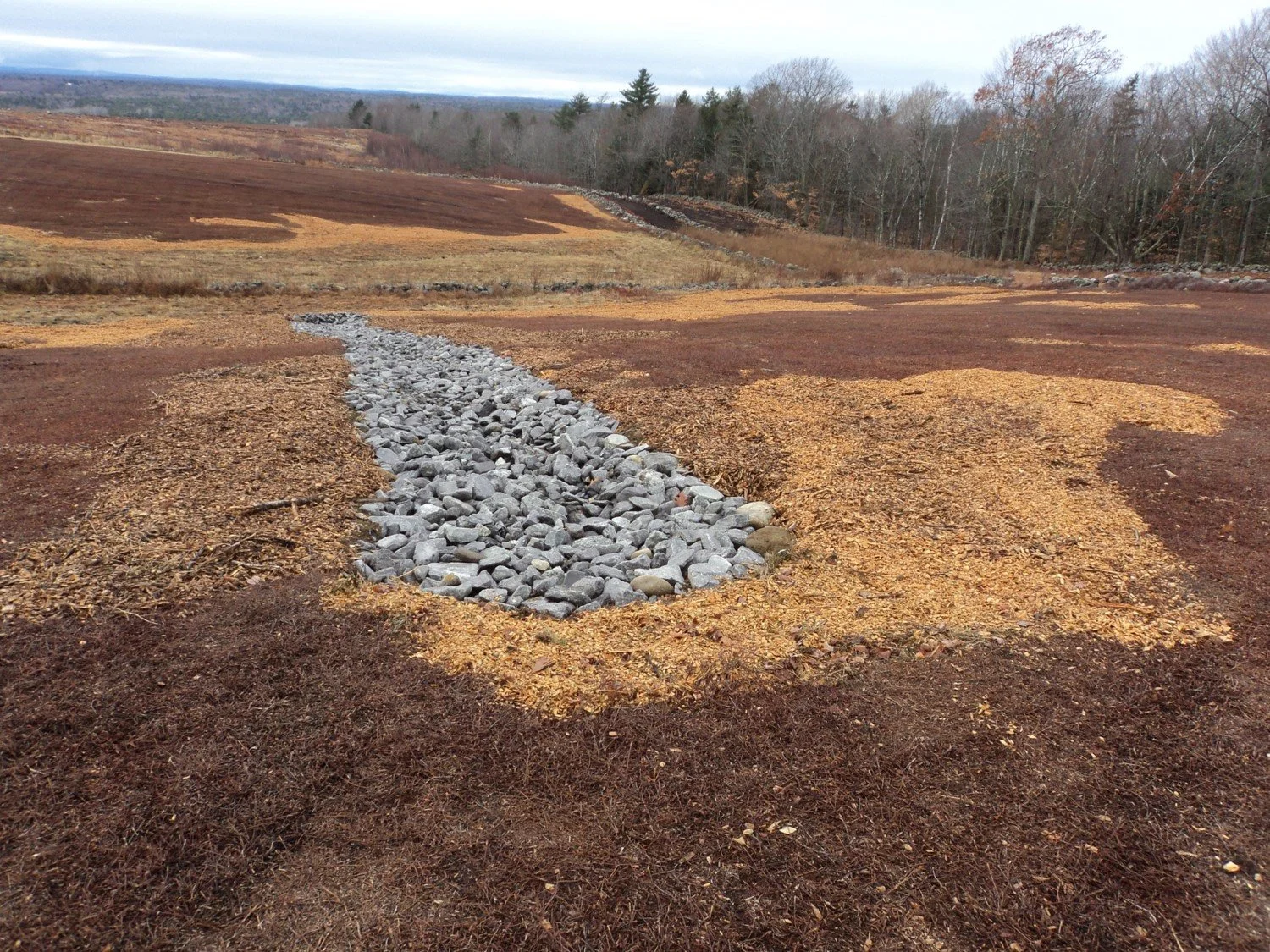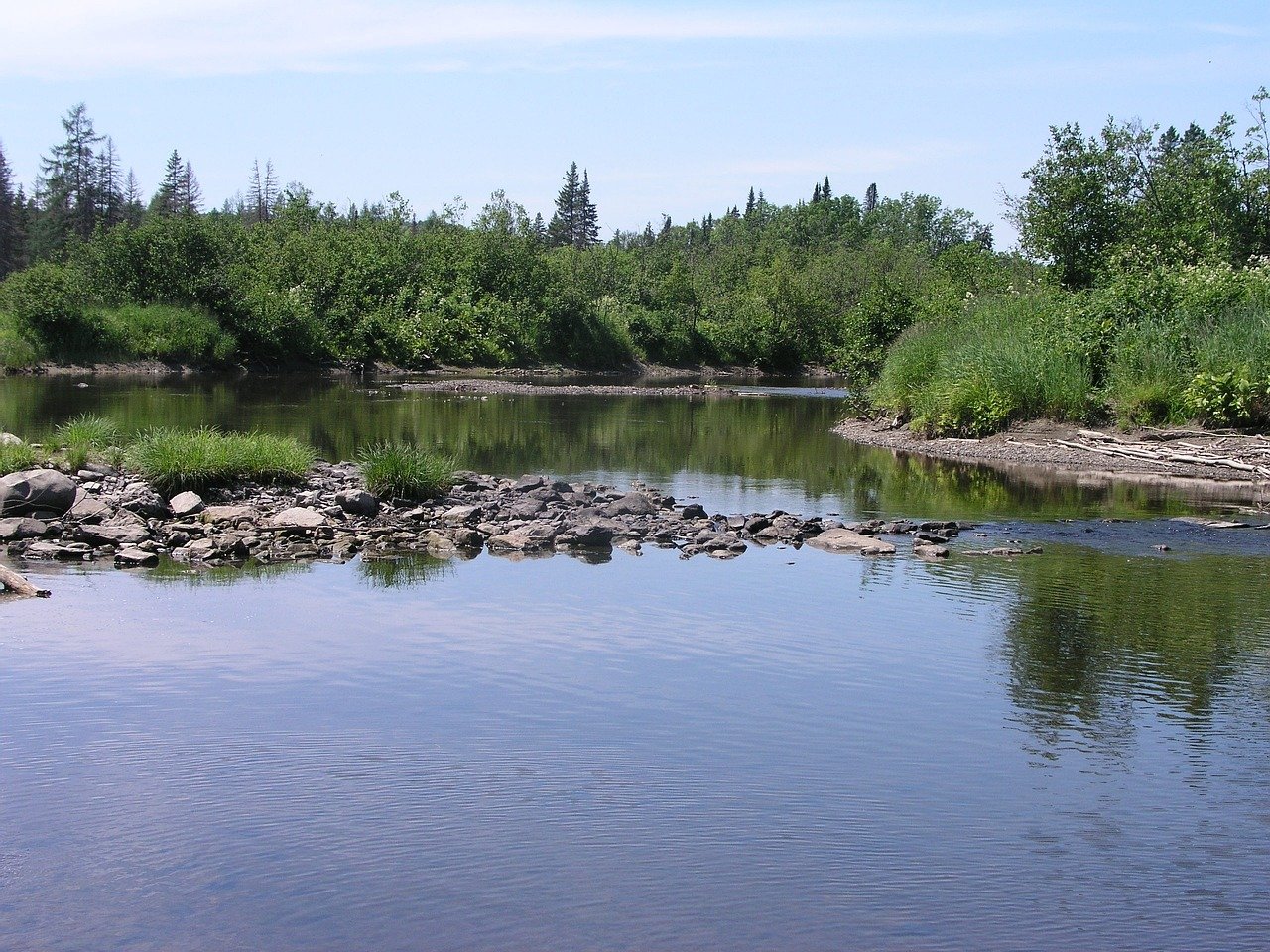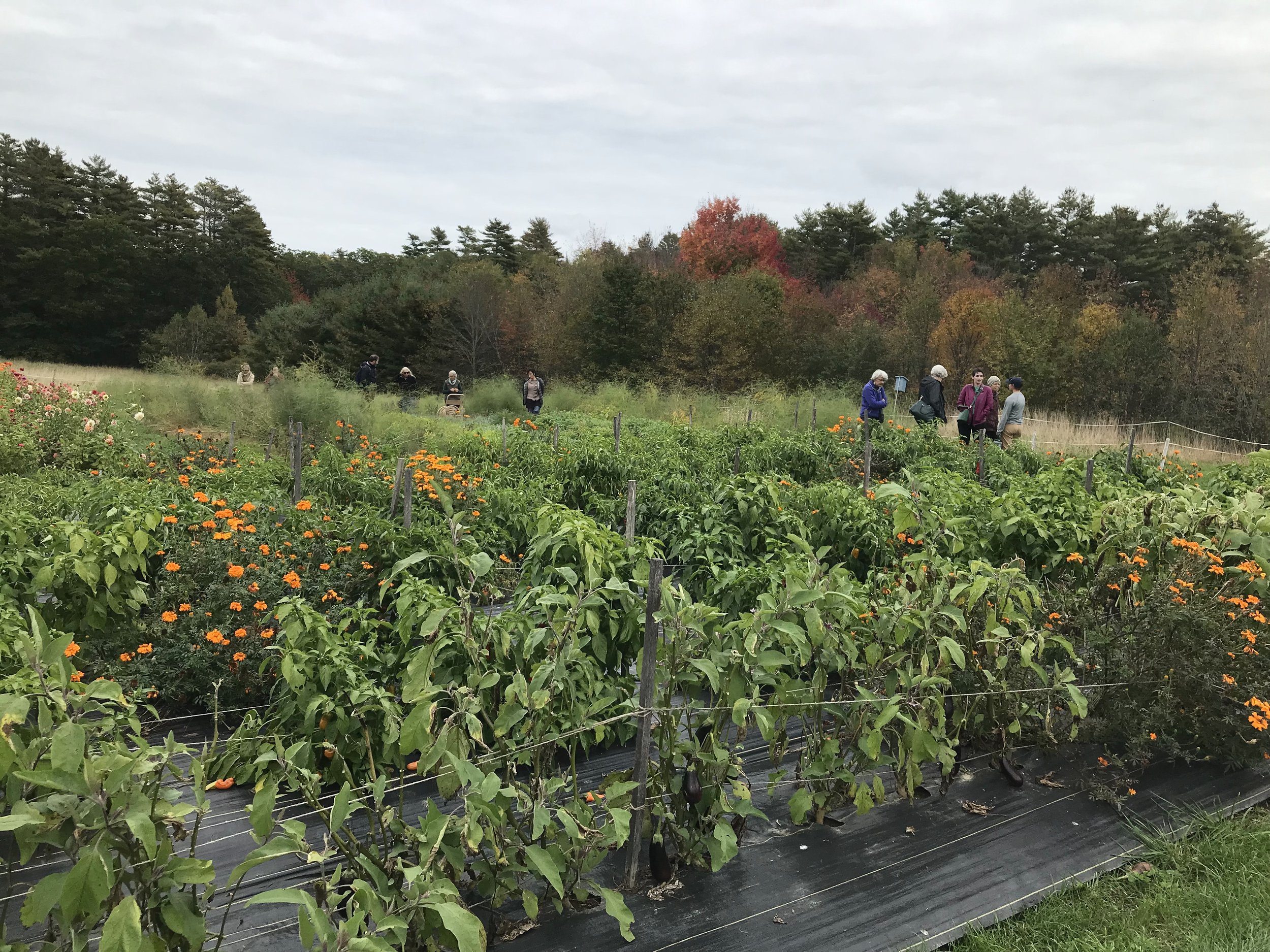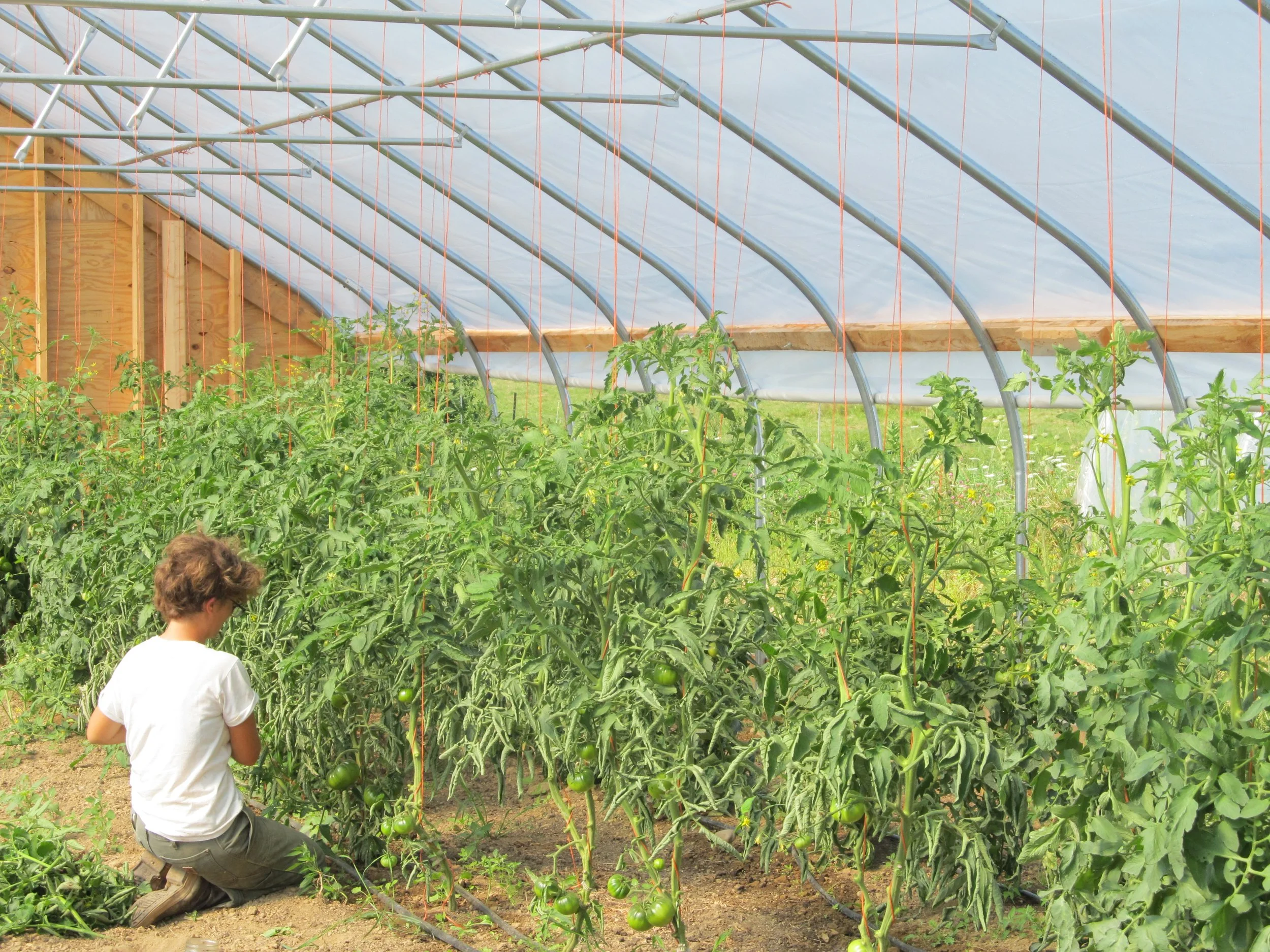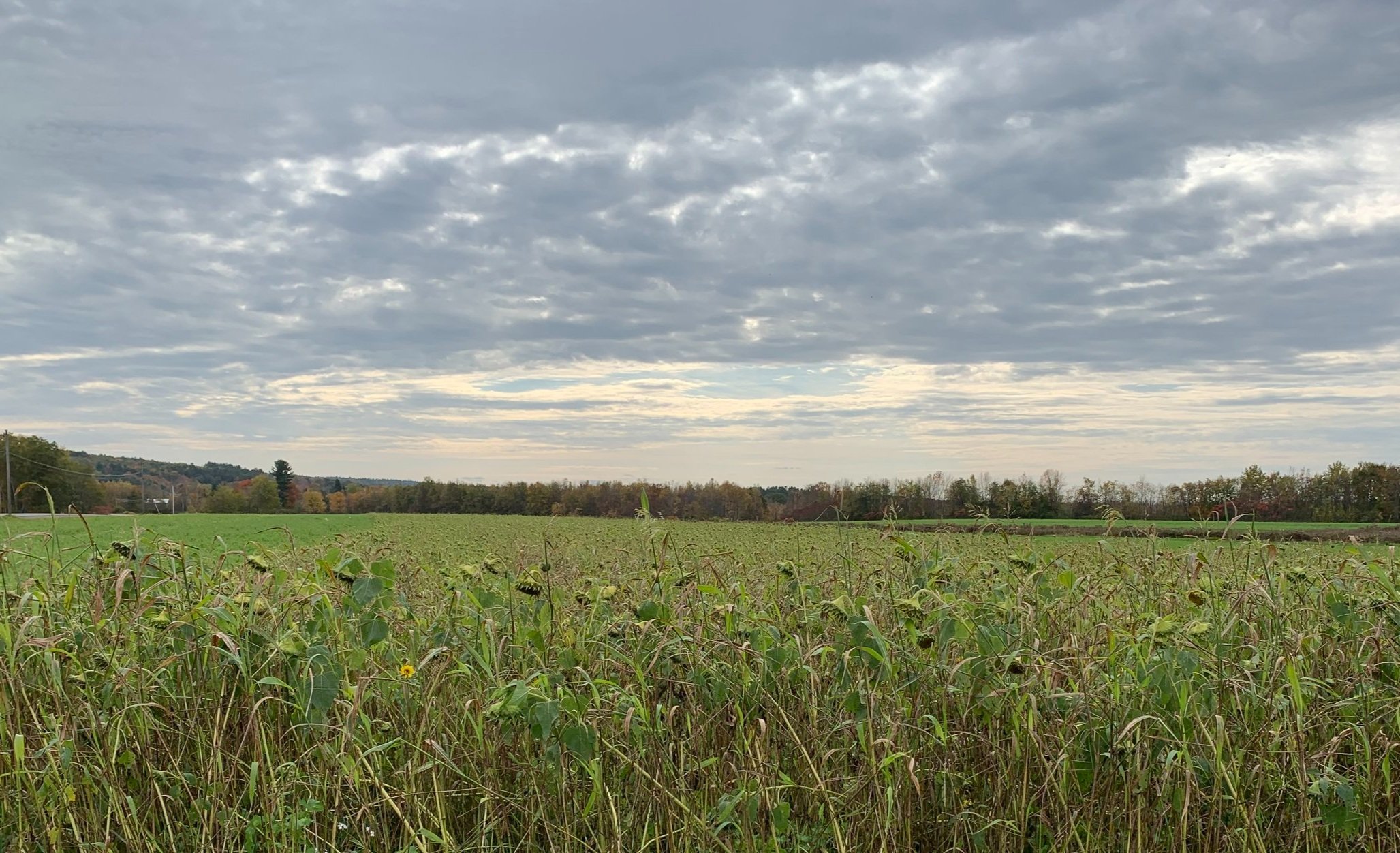
Partner Organization
Natural Resources Conservation Service (NRCS)
NRCS provides leadership and technical assistance to address natural resource conservation issues
Helping People Help the Land
What is NRCS?
The USDA's Natural Resources Conservation Service (NRCS) is an agency under the Department's Farm Production and Conservation (FPAC) division and focuses on the conservation of natural resources to ensure availability to future generations.
As a non-regulatory agency, NRCS works together with farm and forest landowners to identify conservation concerns on their operations and provides solutions through voluntary conservation programs.
What does NRCS do?
With a dedicated team of professionals at State Office and 14 USDA Service Centers across the state, NRCS provides advice and assistance to agricultural producers and non-industrial private forest landowners in Maine on best practices to address resource concerns including soil, water, air, plants, and animals.
Based on producer operation and objectives, NRCS helps develop conservation plans and offer voluntary conservation programs that can increase soil health and fertility, reduce erosion, improve animal habitat and diversity, and ensure farm and forestland for future generations of Mainers.
NRCS Programs and Initiatives
NRCS delivers financial and technical assistance through programs, including the Environmental Quality Incentives Program (EQIP), Conservation Stewardship Program (CSP), and Agricultural Management Assistance (AMA). NRCS initiatives focus resources on specific conservation practices or natural resources and can help make the competitive program more accessible to different farmers.
NRCS offers two types of assistance for conservation concerns: Conservation Technical Assistance and Financial Assistance:
Conservation Technical Assistance (CTA)
Our staff of soil conservationists, soil scientists, and engineers, along with our network of partners, can help offer Conservation Technical Assistance (CTA) to provide advice on your conservation concerns - at no cost. This advice is tailored to your particular resource issues and is developed to help you understand best practices to mitigate the concern. It will also help you to develop a course of action that may lead you to participate in our voluntary, Financial Assistance (FA) programs.
Financial Assistance (FA)
Through the USDA Farm Bill programs, NRCS offers Financial Assistance (FA) programs that can help you get your conservation projects on the ground. Under these cost-sharing programs, NRCS can provide assistance to make your conservation project a reality. Program requirements vary under each subsequent Farm Bill, and program eligibility and requirements can change from year to year.
Conservation Technical Assistance (CTA) provides our nation’s farmers, ranchers and forestland owners with the knowledge and tools they need to conserve, maintain and restore the natural resources on their lands and improve the health of their operations for the future.
The Environmental Quality Incentives Program (EQIP) is NRCS’ flagship conservation program that helps farmers, ranchers and forest landowners integrate conservation into working lands.
The Agricultural Management Assistance (AMA) helps agricultural producers manage financial risk through diversification, marketing or natural resource conservation practices.
The Conservation Stewardship Program (CSP) helps you build on your existing conservation efforts while strengthening your operation.
With support from NRCS, farmers, ranchers and forest landowners can improve soil health, sequester carbon, reduce greenhouse gas emissions, enhance productivity and commodity marketability, and mitigate the impacts of climate change while building resilience to strengthen your operations.
NRCS in Maine supports urban agriculture by providing technical and financial assistance to protect and conserve natural resources. These resources include soil, water, air, plants, animals, and energy.
The National Water Quality Initiative will work in priority watersheds to help farmers, ranchers and forest landowners improve water quality and aquatic habitats in impaired streams.
NEPP protects producers and pollinators across six New England states.
The Regional Conservation Partnership Program (RCPP) is a partner-driven approach to conservation that funds solutions to natural resource challenges on agricultural land.
The National Organic Initiative, funded through the Environmental Quality Incentives Program (EQIP), is a voluntary conservation program that provides technical and financial assistance for organic farmers and ranchers, or those interested in transitioning to organic.
Learn more
The Environmental Quality Incentives Program (EQIP) On-Farm Energy Initiative helps farmers and ranchers make voluntary improvements that can boost energy efficiency on the farm.
Learn more
Local District Service Centers
To learn more and inquire about any NRCS programs and initiatives, contact your NRCS District Conservationist. Learn more about getting assistance.
Knox and Waldo Counties
Peter Abello, District Conservationist
peter.abello@usda.gov
(207) 338-1964 Ext. 3
46 Little River Drive
Belfast, ME 04915-9804
Get Directions
Lincoln and Kennebec Counties
Amanda Burton, District Conservationist
amanda.burton@usda.gov
(207) 622-7847 Ext. 3
2305 North Belfast Avenue
Augusta, ME 04330
Get Directions
How to Get Assistance
-
To get started with NRCS, we recommend you stop by your local NRCS field office. They’ll discuss your vision for your land.
NRCS provides landowners with free technical assistance, or advice, for their land. Common technical assistance includes resource assessment, practice design and resource monitoring. Your conservation planner will help you determine if financial assistance is right for you.
-
NRCS staff will walk you through the application process. To get started on applying for financial assistance, we’ll work with you:
To fill out an AD 1026, which ensures a conservation plan is in place before lands with highly erodible soils are farmed. It also ensures that identified wetland areas are protected.
To meet other eligibility certifications.
Once complete, NRCS staff will work with you on the application, or CPA 1200.
Applications for most programs are accepted on a continuous basis, but they’re considered for funding in different ranking periods. Be sure to ask your local NRCS district conservationist about the deadline for the ranking period to ensure you turn in your application in time.
-
As part of the application process, we’ll check to see if you are eligible. To do this, you’ll need to bring:
An official tax ID (Social Security number or an employer ID)
A property deed or lease agreement to show you have control of the property; and
A farm tract number.
If you don’t have a farm tract number, you can get one from USDA’s Farm Service Agency. Typically, the local FSA office is located in the same building as the local NRCS office. You only need a farm tract number if you’re interested in financial assistance.
-
NRCS will take a look at the applications and rank them according to local resource concerns, the amount of conservation benefits the work will provide and the needs of applicants.
-
If you’re selected, you can choose whether to sign the contract for the work to be done.
Once you sign the contract, you’ll be provided standards and specifications for completing the practice or practices, and then you will have a specified amount of time to implement. Once the work is implemented and inspected, you’ll be paid the rate of compensation for the work if it meets NRCS standards and specifications.Item description
Print this information (downloadable PDF)
